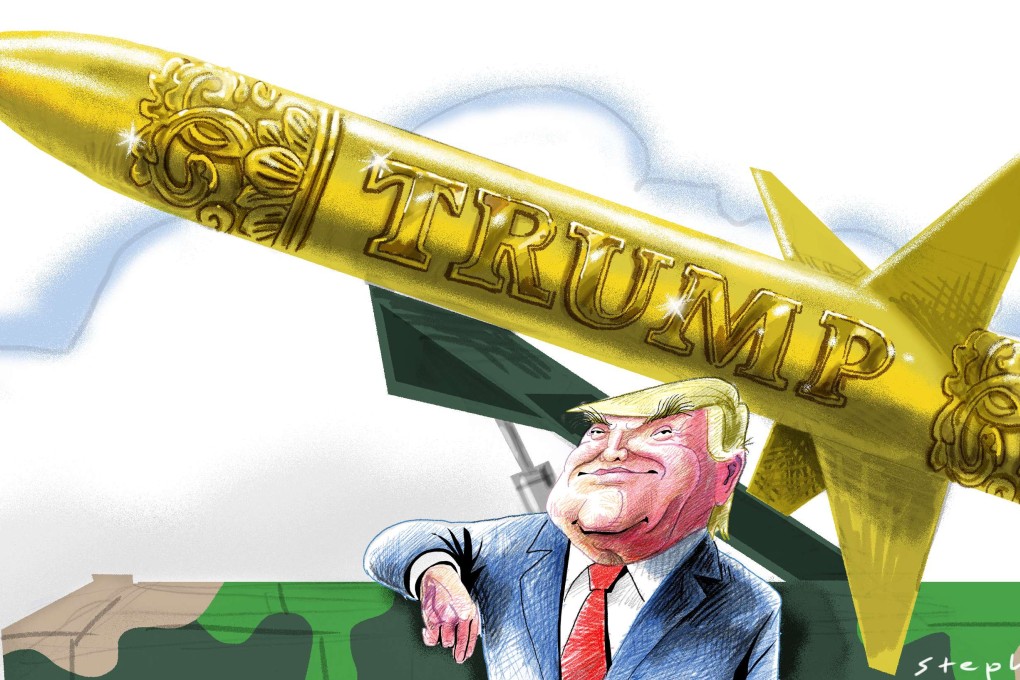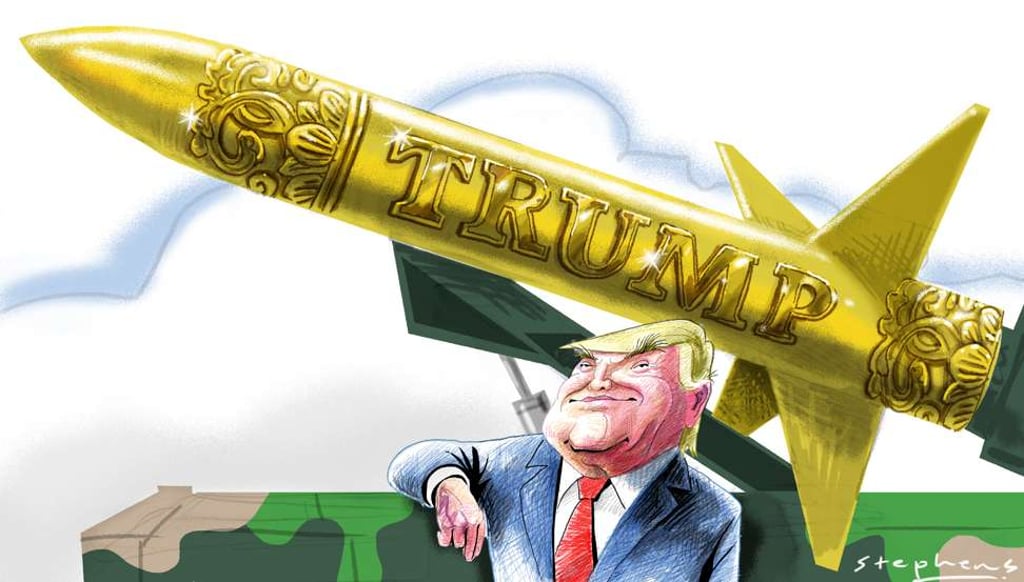Syria and North Korea crises show Donald Trump at his bumbling worst
Hugh White says any hope that the ignorant and reckless candidate of his campaign would change once in the White House has been dashed after 100 days


Nevertheless, it seemed equally hard to imagine that he could undergo the kind of changes that would be needed if he was to fulfil the responsibilities of the presidency in directing international relations and commanding the armed forces of the United States. That would require him to devote deep study to the issues, accept the need for continual discipline and focus in his statements and actions, and comprehend the scale of his responsibilities.
It would, in other words, require a complete change from the personality that Trump has so relentlessly displayed not just in his presidential election campaign but for decades before. Could he do it?
Many people were optimistic that he would. After the election, it became something of an article of faith in Washington’s foreign and defence policy establishment – even among those who before the election had declared Trump unfit to be president – that, once he was sworn in, the weight of the office and the force of the foreign and defence policy establishment would work a magical transformation.
It was never clear how far their optimism simply reflected an inability to accept the implications for America and the world if this transformation didn’t happen, and Trump as president really did conduct US foreign policy the way he had campaigned. One way or the other, the first 100 days would tell.
